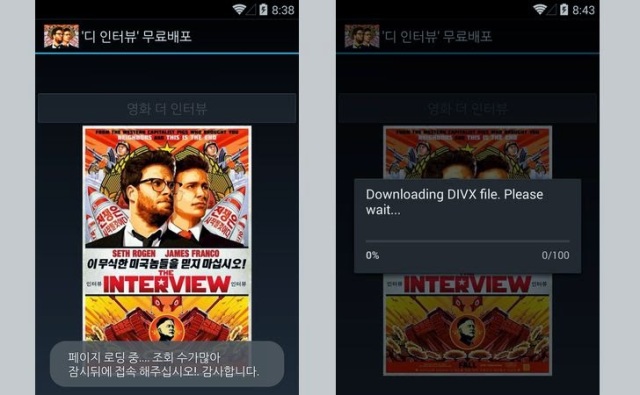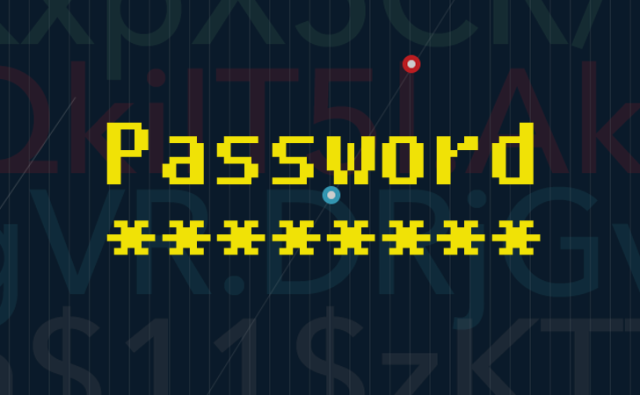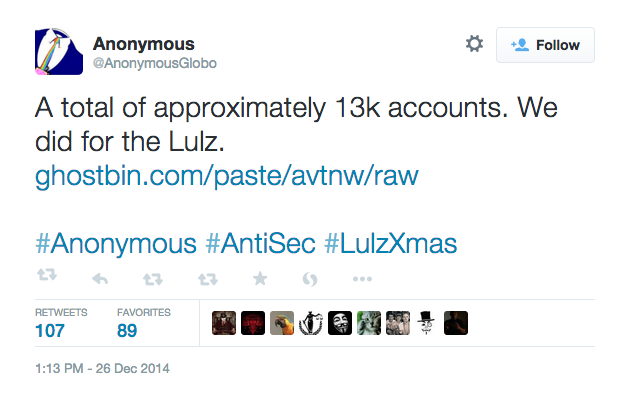
Bad News for Internet Explorer fans, if any! Microsoft’s almost 20 years old Web browser with a big blue E sign might soon be a thing of the past.
With the arrival of Windows 10, probably by next fall, Microsoft could come up with its brand new browser that’s more similar to Mozilla’s Firefox and Google’s Chrome, but less like Internet Explorer (IE), according to a recent report published by ZDNet.
“Ok so Microsoft is about to launch a new browser that’s not Internet Explorer and will be the default browser in Windows 10,” tweeted Thomas Nigro, a Microsoft Student Partner lead and developer of the modern version of VLC.
The browser, codenamed “Spartan,” is a “light-weight” browser with extension support, and multiple sources confirm that this new browser isn’t IE12. Instead, Spartan is an entirely new browser that will use Microsoft’s Chakra JavaScript engine and Trident rendering engine (as opposed to WebKit). But Internet Explorer isn’t going away completely.
According to ZDNet’s Mary Jo Foley, Windows 10 will ship with both Internet Explorer 11 and Spartan, though the former is expected to stick around for backwards compatibility only. The new browser will be available for both desktop and mobile devices running Windows 10.
So far it’s unclear whether Spartan will be portable on non-Windows systems, such as Android, iOS, or OS X, but if it is actually imitating Chrome and Firefox, two of the most popular browsers out there, the idea isn’t too crazy. The new browser is currently under development.
However, if this new browser doesn’t use Webkit, it will not likely be accepted into Apple’s App store, because Apple requires all “apps that browse the web must use the iOS WebKit framework and WebKit Javascript” according to its app store review guidelines.
What Microsoft will call the new browser is also a mystery at this point, as ‘Spartan’ is just a codename for the project, and there’s no revelations on what it might be called by the company.
Microsoft hasn’t provided any details about it but the company is hosting a press event on Jan. 21 in the company’s hometown of Redmond, Washington, where it is expected to provide more details about the consumer version of Windows 10, so perhaps we will know some more about Spartan then.
Subscribe to our Free Channel
Share On
Google+ Facebook
 Follow ‘Swati Khandelwal’ on Google+, Twitter or LinkedIn or Contact via Email.
Follow ‘Swati Khandelwal’ on Google+, Twitter or LinkedIn or Contact via Email.
Latest Stories
Comments
![]()
via The Hacker News http://feedproxy.google.com/~r/TheHackersNews/~3/43xb4p-bJbM/microsoft-windows-spartan-browser.html









